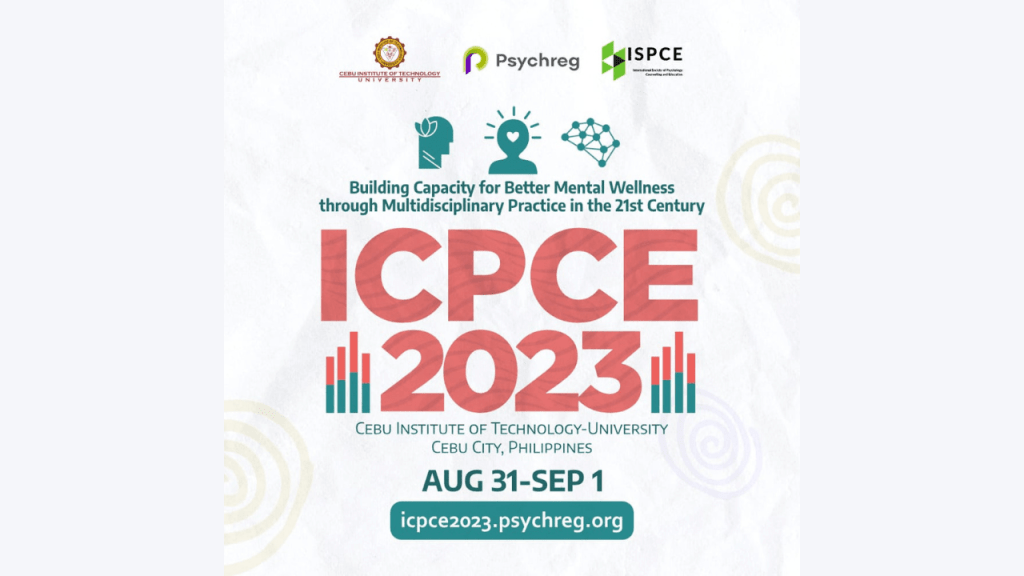A new study on early-onset dementia sheds light on the intricate and personal experiences of those affected by the condition, as revealed through the words written in their own online blogs.
The study, published in the journal Dementia, was conducted to better understand the metaphorical language used by individuals with early-onset dementia to describe the condition and its impact on their lives.
The study’s findings challenge the limited and often stereotypical representations of dementia that are often presented in the media. The use of multiple metaphors by the bloggers provides a rich and nuanced portrayal of the experience of living with early-onset dementia, transcending the reductionist views commonly seen in media representations of the condition.
By applying the conceptual metaphor theory, the study analysed the common metaphors used by the bloggers to describe the disease and its impact on their self, relationships, and society. The results showed that the bloggers utilised a wide range of metaphors, from those that emphasise the negative aspects of the condition, such as feeling lost or trapped, to those that highlight the positive aspects, such as growth and renewal.
Conceptual metaphor theory is a theory in the field of cognitive linguistics that explains how abstract concepts are understood and communicated through the use of concrete and physical concepts, called “source domains”. The theory proposes that people understand abstract concepts such as emotions, ideas, and experiences by mapping them onto more concrete and familiar experiences, such as objects or physical sensations.
Metaphors are not just linguistic expressions, but are fundamental to the way we think and understand the world around us. For example, the common metaphor “Time is money” is used to understand the abstract concept of time in terms of a more concrete and familiar concept of money.
The authors of the study conclude that blogs serve as a platform for individuals with early-onset dementia to resist stereotypes and broaden the public’s understanding of the condition. By reshaping the dominant narratives through the use of new and existing metaphors, the bloggers draw attention to the complex and multifaceted nature of living with dementia, acknowledging both the difficulties and the opportunities for growth, personhood, and community.
Maria Jones, the founder of Yuva Yoga, shared her own experience: “I vividly recall the day I received my systemic lupus diagnosis. In my search for information and support, I turned to the internet, which was filled with message boards and blogs. Although Facebook groups were not yet a thing in 2004, I was still able to find valuable resources that helped me make sense of my diagnosis.
“I believe this is a common experience for those newly diagnosed with dementia, as they also look for information and guidance through blogposts and case studies.”
Maria added: “Caring for someone living with dementia can be a difficult and isolating experience. It’s important that both the individual living with dementia and their carer feel supported. Reading blogposts about others’ experiences with dementia can help alleviate feelings of loneliness and isolation. It also allows people to gain a deeper understanding of the challenges they may be facing and helps them feel understood.
“In some cases, these shared experiences can even lead to the formation of new connections and communities, even through social media. By sharing their experiences, those living with and caring for those with dementia are making the world a better place and navigating the unknown territory of living with dementia a little bit easier.”
The study underscores the importance of amplifying the voices and experiences of individuals with early-onset dementia. By recognising the role that blogs can play in promoting a more nuanced and inclusive understanding of the condition, the authors emphasise the need to challenge dominant narratives and promote a more comprehensive understanding of the lived experiences of those affected by early-onset dementia.
Related research in this area has also explored the therapeutic benefits of blogging for individuals with dementia, such as the way in which blogging can help to promote a sense of agency and empowerment and improve mental well-being.




























